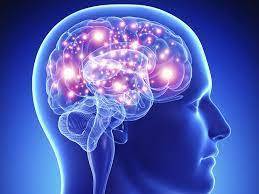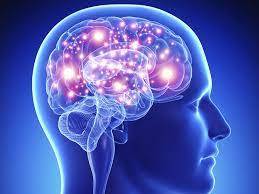There are undoubtedly many scientifically supported methods to improve memory. Several concepts or skills can be learned sequentially by taking simple steps to consolidate and reinforce memories. For example, exercising before trying to learn something new can be beneficial. Additionally, sleep can enhance memory and promote long-term retention. However, regardless of how hard one tries, it does not guarantee that everything one wishes to remember will be retained, according to a study published in the journal Cell Reports.
**Strategic Forgetting**
Researchers argue that while forgetting is typically seen as a memory failure due to its association with pathological conditions, an emerging alternative perspective considers it as an adaptive function of the brain that may contribute to learning and memory updating. The findings suggest that forgetting is an active process that involves new flexibility modifying the function of specific memory traces to promote adaptive behavior. In other words, updating memory may involve the mind engaging in some strategic forgetting. One might say they know what they were thinking or are striving to learn something, and the mind decides that in order to learn more, it will forget some or all of what was previously learned.
Research indicates that "forgotten" memories are still present. Rather than being erased, they are "downgraded" to an inactive state, which partially explains why recognition is always easier than recall. The study results also reveal that the key to overcoming this issue is to briefly re-expose oneself to everything learned previously. For example, if someone spends time learning the first section of a sales presentation, the next day, before moving on to learn the second section, they should spend a few minutes reviewing what they learned the previous day.
A study published in 2016 in the journal Psychology found that individuals who studied before sleep, slept, and then did a quick review the next morning not only spent less time studying but also increased their long-term retention rate by 50%. Additionally, a previous study published in the journal Psychology indicated that "distributed practice" is a more effective learning method. Each time a person tries to retrieve something from memory, retrieval becomes more successful—what psychologists refer to as the retrieval practice theory—making it easier to recall that memory.
To continue learning and adapting, the mind needs to, if not forget, at least convert some memories into a dormant state; learning cannot occur in isolation. A person cannot learn something today and assume they will retain it forever; they will require brief reviews to periodically reactivate old memories.




